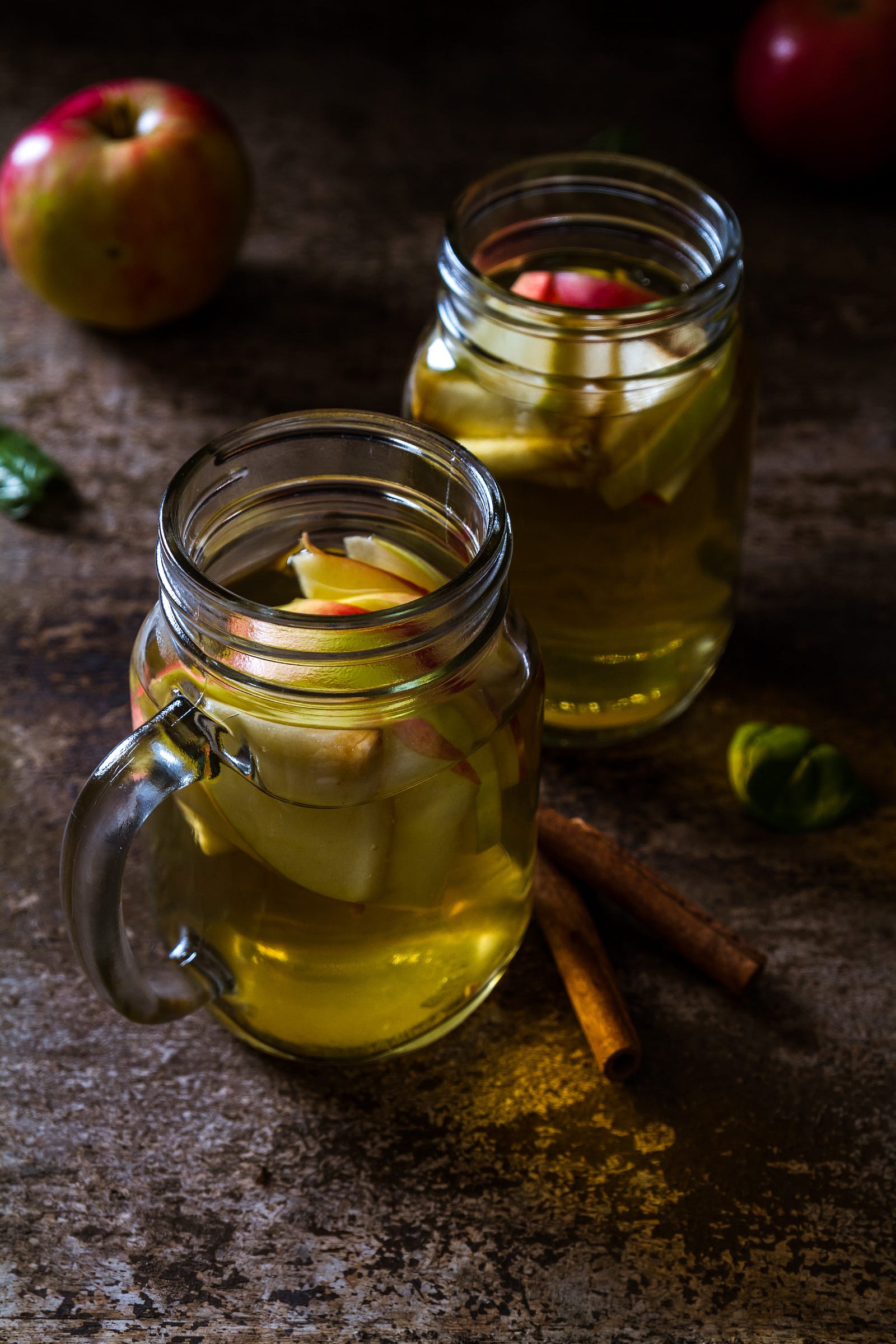DIABETES IS A CHRONIC HEALTH CONDITION that affects blood sugar levels. While there are effective treatments for type 2 diabetes, herbal remedies might offer additional support. Let’s delve into nature’s sweet revenge: Unveiling the top herbal weapons against type 2 diabetes. Herbs vs. diabetes.
Diabetes, a chronic condition affecting blood sugar levels, is a growing concern worldwide.
“when you lose
a sense the
others become keener
and each touch
of my wife’s hand
tastes sweeter
without
sugar.”
― Ben Ditmars, Type 2
Let’s first look at the incidence of diabetes. We’ll then turn to the new study that discovered two effective natural means for helping those with diabetes tamp down their sugar.
Then, a look at the fascinating history of vinegar. You will greatly enjoy this part of the essay.
We’ll close with the perils of apple cider vinegar and fenugreek seeds and some final thoughts about herbs vs. diabetes.
Diabetes is on the Rise
Did you know that young Americans with type 2 diabetes will skyrocket nearly 700 percent by 2060 if current trends don’t change? Moreover, we may see a 65 percent rise in Type 1 diabetes in young people.
These startling estimates are courtesy of a recent study in Diabetes Care. Here are the numbers in graphic form:

Above, we see the statistics for 2017 (blue) versus 2060 (green).
The projected relative increases for type 1 and 2 diabetes are 65 percent and 673 percent.

If the current trends continue (from 2002 to 2017), the number of youths with type 1 diabetes will be 306,000, and 220,000 for type 2 diabetes.
The Diabetes Incidence Varies by Race and Ethnicity
In both scenarios, the gap in diabetes incidence is expected to widen by race and ethnicity, with the highest prevalence among non-Hispanic Black youth.
Other groups expected to see surges include Hispanic/Latino, Asian, Pacific Islander, and American Indian/Alaska Native youths.
The alarming diabetes incidence rise has several contributing factors, including:
- Gestational diabetes in women of childbearing age (as their babies are more likely to develop diabetes)
- Childhood obesity is a problem deeply embedded in American culture.
2 Top Herbal Remedies to Drop Blood Sugar and A1c
A recent systematic review analyzed relevant studies on the effectiveness of herbal formulations for blood sugar status for people with type 2 diabetes.
Researchers included 44 clinical trials, including 3130 participants on six herbs.
Apple cider vinegar and fenugreek seeds are the most effective herbal remedies to drop blood sugar and A1c levels.
The study also looked at four other herbal remedies, including
Apple cider vinegar and fenugreek seeds are the most effective at reducing fasting blood glucose and A1c levels compared with four other popular herbal remedies for type 2 diabetes, a recent systematic review found.
Vinegar as a Medicinal — A Rich History
Before we look at safety issues associated with vinegar or fenugreek seed consumption, I want to share some of the former’s fascinating and colorful history.
Legend has it that around 5000 BC, a Babylonian courtier “discovered” wine. The drink had formed from unattended grape juice.
This finding eventually led to the discovery of vinegar and its utility for food preservation.

Around 420 BC, Hippocrates used vinegar to manage wounds. The great military strategist Hannibal of Carthage (c. 200 BC) used vinegar to dissolve boulders that blocked his army’s path.
Cleopatra Used Vinegar, Too
Did you know that Cleopatra (c. 50 BC) dissolved precious pearls in vinegar and offered her love potion to Anthony?
The 10th-century creator of forensic medicine, Sung Tse, called for hand washing with vinegar and sulfur to avoid infection during autopsies.
US medical professionals, dating back to the late 1700s, treated many illnesses with vinegar.
Examples include croup, dropsy (a historical term for the swelling of soft tissues due to the accumulation of excess water), poison ivy, and stomachache.
Now, we are discovering how vinegar-containing products consumed by people with diabetes may help them manage their chronic illness.
Four Thieves used Vinegar in Medieval Times.
I saved my favorite vinegar story for last, courtesy of the good folks at the Herbal Academy.
Four medieval thieves reportedly robbed the homes of those suffering from illness and those who had died from the 17th-century plague, the Black Death.
The story goes that on moonless nights in Marseilles, France, the thieves would anoint their bodies in vinegar infused with “protective” herbs now known to have antiviral and antibacterial properties.
This herbal vinegar may have given the thieves an advantage against contracting the Black Death.
Fleas were thought to be a carrier of the plague. In addition to its antimicrobial potential, the thieves’ aromatic cloak may have acted as a natural flea repellant.

Naturally, people assumed the plague would eventually kill the culprits. However, the thieves’ resistance proved strong, and they continued their thievery.
When finally apprehended, judges offered the robbers a less agonizing execution form if they would share their immunity secret.
There is an alternative tale. After an apprehension, judges sentenced the four thieves to bury the dead victims of the plague.
To try and stave off catching the disease, the thieves created a potent herbal vinegar, which they rubbed behind their ears, temples, and hands.
Vinegar — Potential Perils
Vinegar should be safe. After all, we have used it as a food ingredient and condiment for millennia.
However, there are rare reports of adverse reactions to vinegar injections. Furthermore, ingestion can cause inflammation of the junction of the mouth and throat (an area known as the oropharynx).
Some have suffered caustic injuries to the food pipe (esophagus) and stomach. Medscape notes vinegar is a popular Chinese folk remedy to dislodge stuck foods.
Fortunately, a 39-year-old woman who drank a tablespoon of rice vinegar and had a caustic injury in her esophagus had spontaneous symptom resolution after several days.
Fortunately, esophageal injury is rare. Some studies suggest that vinegar use is inversely related to esophagus cancer risk. Other side effects are quite uncommon.
Still, as we begin to use vinegar more for medicinal purposes, we will need controlled trials to understand the potential side effects of regular vinegar consumption.
Fenugreek Seeds — Potential Perils
Fenugreek is a clover-like herb native to the Mediterranean, southern Europe, and western Asia.
Its seeds smell and taste like maple syrup and have been used in cooking and as medicine. You can find fenugreek in some spice blends and as a flavoring agent in foods, beverages, and tobacco. Soaps and cosmetics may also contain the substance.

In Asia, North Africa, and southern Europe, people traditionally used fenugreek for diabetes and to increase milk supply in breastfeeding women.
The National Center for Complementary and Integrative Health (a division of the US National Institutes of Health) offers this observation about fenugreek safety:
- Fenugreek is believed to be safe, at least in the quantities commonly in foods. Its safety in larger doses needs to be clarified.
- Children should not use it as a supplement.
- Potential fenugreek side effects include nausea, diarrhea, and other gut symptoms. Dizziness and headaches rarely occur.
- Excessive doses may lead to a dangerous blood sugar drop.
- Fenugreek sometimes causes allergic reactions.
- Liver toxicity has occurred in some taking fenugreek alone or in combination with other herbs.
- Fenugreek is unsafe for pregnant women in amounts greater than those in food; its use has been linked to increased risks of congenital disabilities in animals and people. Little is known about whether it’s safe to use fenugreek in amounts greater than those found in food while breastfeeding.
My Thoughts — Herbs vs. Diabetes
Herbs are not magical potions, but they have some science-backed potential. Adding a bit of apple vinegar or fenugreek may lower blood sugar among those with type 2 diabetes.
Before you raid your kitchen for these herbs, please discuss them with a healthcare professional.
Herbs are supporting actors, not designed to be the sole approach to managing type 2 diabetes. Prescribed medicines may play a role, as can exercise and a healthy diet.
Finally, I wonder if apple vinegar or fenugreek would help those without diabetes (to keep their blood sugars in check).
Comparative effectiveness of six herbs in managing the glycemic status of type 2 diabetes.
www.sciencedirect.com.
The information I provided in this blog is for educational purposes only and does not substitute for professional medical advice.
Please consult a medical professional or healthcare provider for medical advice, diagnoses, or treatment. I am not liable for risks or issues associated with using or acting upon the information in this blog.
Thank you for reading “Herbs vs. Diabetes.”




